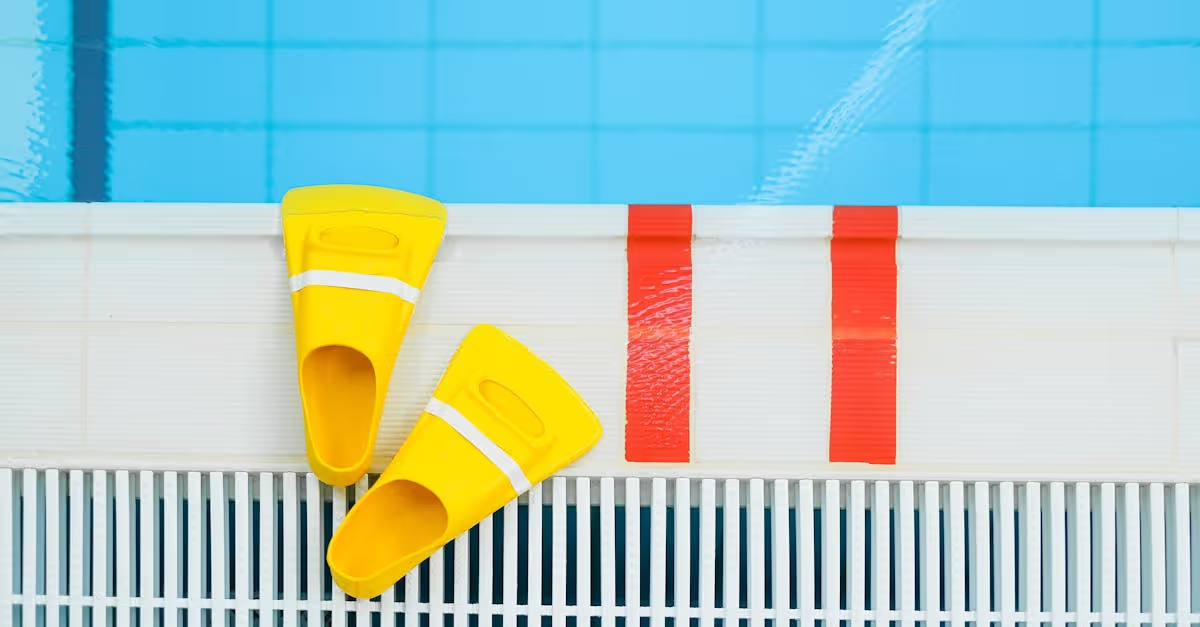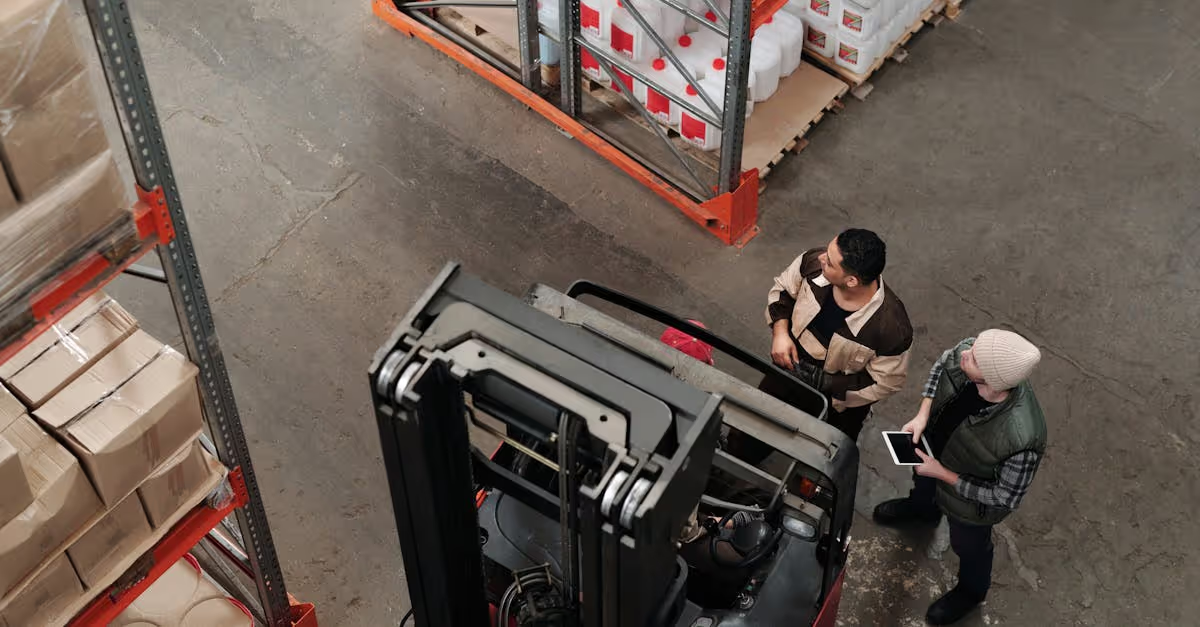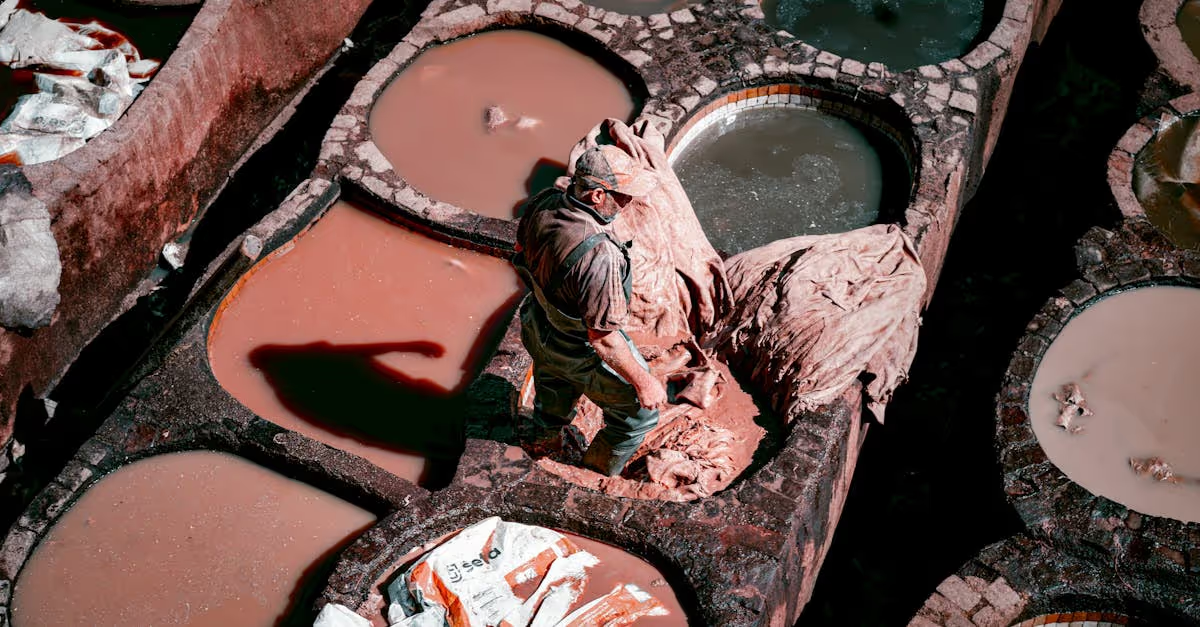Key Takeaways
- Saltwater pools use a salt chlorine generator to convert salt into chlorine, offering a gentler swimming experience compared to traditional chlorine pools.
- Key chemical management includes maintaining sodium chloride, pH levels, alkalinity, and calcium hardness within specific ranges for optimal pool health.
- Stability in chlorine levels thanks to continuous generation reduces harsh chemical exposure and minimizes skin irritation typically associated with traditional pools.
- Saltwater pools require less frequent manual chlorine additions and generally involve simpler maintenance, though care must be taken with equipment to prevent corrosion.
- Regular testing and adjustments are essential to keep pH, alkalinity, and calcium hardness balanced, ensuring a clean and inviting swimming environment.
Saltwater pools are becoming increasingly popular, with around 50% of new pool installations opting for this system. Unlike traditional chlorine pools, which rely on direct chemical additions, saltwater pools utilize a salt chlorine generator to convert salt into chlorine. This process not only reduces the harshness of chemicals but also offers a more consistent chlorine level, making maintenance easier for us.
Understanding how to manage chemicals in a saltwater pool is crucial for keeping our swimming environment clean and safe. While the fundamentals of water chemistry remain the same, the approach differs significantly. In this guide, we'll explore the unique aspects of chemical management in saltwater pools and highlight the key differences from traditional chlorine pools, ensuring we can enjoy a crystal-clear oasis all summer long.
Overview of Saltwater Pools
Saltwater pools are gaining traction among homeowners, constituting around 50% of new pool installations. These pools use a salt chlorine generator that converts salt into chlorine, providing a gentler swimming experience and simplifying maintenance compared to traditional chlorine pools. Managing chemicals in these systems differs significantly, and understanding these differences is crucial for maintaining clean and safe water.
How Saltwater Pools Work
Saltwater pools operate by dissolving salt in the water, which then passes through a salt chlorine generator. This generator creates chlorine through electrolysis, allowing for continuous water sanitation. Chlorine levels remain stable, contributing to a more consistent swimming experience. The process reduces the need to add chlorine manually, making upkeep easier. Let's think of it this way: it’s like your home coffee machine brewing coffee automatically every morning—fewer trips to the store, less hassle, and always a fresh cup when you need it.
Chemical Management in Saltwater Pools
Managing chemicals in saltwater pools requires a different approach compared to traditional chlorine pools. We focus on specific chemicals that work in harmony with the salt chlorine generator, enhancing the pool experience while simplifying upkeep.
Key Chemicals Used
Saltwater pools rely on a balance of key chemicals to maintain clean and clear water. The primary chemical, sodium chloride (salt), converts to chlorine through electrolysis. We also monitor pH levels, keeping them between 7.4 and 7.6 for optimal performance. Alkalinity acts as a buffer, stabilizing pH levels, and should be kept between 80 and 120 ppm. Additionally, calcium hardness prevents corrosion and scaling; aim for a range of 200 to 400 ppm. Regularly testing these chemicals helps us maintain a clear, inviting pool environment.
| Chemical | Ideal Range |
|---|---|
| Sodium Chloride | As needed |
| pH | 7.4 - 7.6 |
| Alkalinity | 80 - 120 ppm |
| Calcium Hardness | 200 - 400 ppm |
Differences from Traditional Chlorine Pools
Saltwater pools operate differently compared to traditional chlorine pools, and we’ll explore these key differences below.
Chlorine Generation vs. Manual Chlorination
In saltwater pools, we generate chlorine on-site through a salt chlorine generator. This device converts dissolved salt into chlorine via electrolysis. Traditional pools rely on manual chlorination, where we regularly add chlorine to the water. The constant generation of chlorine in saltwater pools creates stable chlorine levels, eliminating the sudden spikes often seen in traditional pools. We notice less chlorine odor and skin irritation in saltwater pools, making our swimming experience more enjoyable.
Impact on Pool Equipment and Maintenance
Saltwater can affect pool equipment differently than traditional chlorine. We often find that saltwater pools require more corrosion-resistant materials for components like pumps and heaters. Regular maintenance is critical for both pool types, yet saltwater pools typically demand less frequent chemical adjustments. While traditional pools might require weekly chlorine additions, saltwater pools only need salt level checks and occasional shock treatments, streamlining the maintenance process. Users of saltwater systems appreciate the prolonged lifespan of their equipment, as steady chlorine levels reduce the wear and tear commonly associated with traditional pools.
Balancing our saltwater chemistry might take some time to get used to, but it pays off in the long run with our equipment and enjoyment.
Common Challenges and Solutions
Managing chemicals in saltwater pools comes with its own set of challenges. Understanding these issues helps us enjoy our pools without stress.
Addressing Saltwater Pool Issues
Maintaining balance in saltwater pools often poses problems, like fluctuating pH levels or high chloride levels. These issues can lead to algae growth or corrosion. For instance, if our pH climbs above 7.6, we may face skin irritation or cloudy water. Regular testing, at least weekly, identifies these fluctuations. Using a quality pH reducer helps us bring those levels back in line. In case of persistent green algae, an algaecide might be our go-to solution. If it feels like we're fighting a never-ending battle, don't worry; even pros face off against algae armies. Together, we can share tips and victories!
Tips for Effective Chemical Management
Effective chemical management in saltwater pools requires consistent attention to detail. First, we should always keep a proper testing kit handy. Regular checks of chlorine levels—which should sit between 1 to 3 ppm—help maintain a healthy balance. Next, monitoring alkalinity and calcium hardness keeps our water in top shape. For alkalinity, we'll aim for 80 to 120 ppm, while calcium hardness should range from 200 to 400 ppm. If we notice imbalances, adding sodium bicarbonate or calcium chloride can make quick adjustments. Remember, scheduling regular maintenance and chemical checks might feel like a chore, but it ultimately saves us time and hassle down the line. Let’s embrace this journey together and keep our pools sparkling—who doesn’t love a good swim on a sunny day?
Conclusion
Managing chemicals in our saltwater pools may seem daunting at first but understanding the unique aspects of these systems makes it easier. By focusing on the specific chemical balances and regular testing we can enjoy a cleaner and more pleasant swimming experience. The benefits of stable chlorine levels and reduced maintenance truly enhance our pool enjoyment.
As we embrace the differences from traditional chlorine pools we not only simplify upkeep but also create a healthier environment for ourselves and our families. With a little attention and care our saltwater pools can remain sparkling and inviting all season long.
Frequently Asked Questions
What are saltwater pools?
Saltwater pools are a type of swimming pool that use a salt chlorine generator to convert salt into chlorine. This process provides a gentler alternative to traditional chlorine pools and simplifies maintenance while ensuring continuous water sanitation.
How do saltwater pools work?
Saltwater pools operate by dissolving salt in the water, which then passes through a salt chlorine generator. The generator utilizes electrolysis to create chlorine, helping to maintain stable chlorine levels and reducing the need for manual chlorine additions.
What are the benefits of saltwater pools?
Saltwater pools offer a more pleasant swimming experience, as they reduce chlorine odor and skin irritation. They typically require less frequent chemical adjustments and lead to reduced wear on pool equipment, making them easier to maintain in the long run.
What chemicals are needed for saltwater pool maintenance?
Key chemicals for managing saltwater pools include sodium chloride (salt), pH levels (7.4-7.6), alkalinity (80-120 ppm), and calcium hardness (200-400 ppm). Regular testing and balancing of these chemicals is essential to keep the pool clean and inviting.
How do I control pH in a saltwater pool?
To control pH levels in a saltwater pool, regularly test the water and adjust as necessary. If pH is high, use a pH reducer; if low, increase it using pH increaser. Keeping pH between 7.4 and 7.6 ensures optimal chlorine efficacy and swimmer comfort.
What are common challenges with saltwater pools?
Common challenges include fluctuating pH levels and high chloride levels, which can lead to algae growth or corrosion. Regular testing and using appropriate chemicals, like pH reducers and algaecides, can help manage these issues effectively.
How often should I test my saltwater pool?
It is recommended to test your saltwater pool's water chemistry at least once a week. Regular checks help maintain balanced chemical levels, ensuring a clean swimming environment and preventing common issues like algae growth and equipment corrosion.
Do saltwater pools require special equipment?
Yes, saltwater pools typically require corrosion-resistant materials for pool equipment, such as pumps and heaters. Additionally, a salt chlorine generator is essential for converting salt into chlorine, which differentiates them from traditional chlorine pools.
Are saltwater pools easier to maintain than traditional chlorine pools?
Generally, saltwater pools are easier to maintain because they generate chlorine on-site, leading to stable chlorine levels. While mastering chemical management takes time, the overall ease of upkeep can make them a more appealing choice in the long term.






